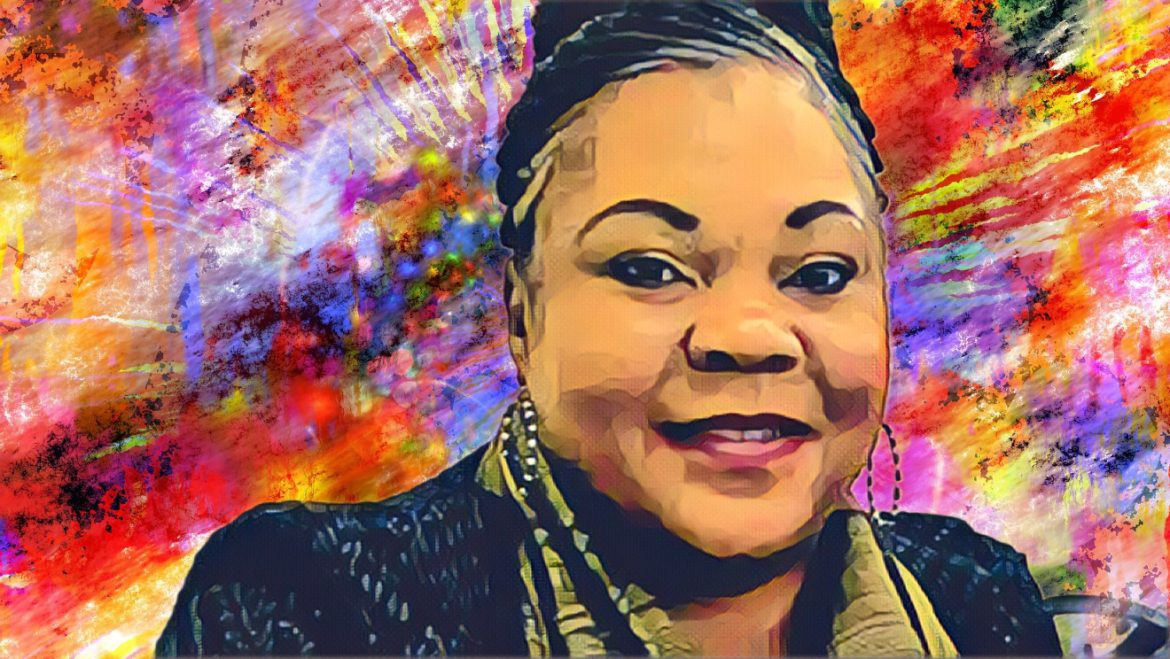In the verdant stretches of Hurungwe district, the promise of Zimbabwe’s Vision 2030 looms large, a beacon of hope for an upper-middle-class economy. This vision, set forth by President Emmerson Mnangagwa, hinges significantly on the wise management and exploitation of the district’s abundant natural resources, including a rich tapestry of minerals and diverse wildlife. The stewardship of these resources, as emphasized by Hurungwe Rural District Council (HRDC) chairman Mary Mliswa-Chikoka, presents a formidable yet achievable challenge that demands a concerted effort from all community stakeholders.
Mliswa-Chikoka, during a sensitisation workshop for headmen at Vuti High School, highlighted the pivotal role of traditional leaders in safeguarding these endowments. Their involvement is crucial not just for protection but also for fostering local economies through effective revenue generation and collection, which in turn, funds infrastructural development. The ‘Call to Action’ by President Mnangagwa, urging all 92 local authorities in Zimbabwe to devise comprehensive master plans by the end of May, underscores the urgency and importance of this initiative. Hurungwe, with its vast potential, is poised to be at the forefront of this transformative agenda, provided its resources are judiciously managed and protected.
However, the path to realizing Vision 2030 is fraught with challenges, notably the rampant plunder of natural resources by unauthorized entities. This exploitation not only robs the district of its rightful revenues but also undermines the integrity of its environment and the sustainability of its development. HRDC’s acting chief executive officer, Felistus Muteta, lamented the unchecked extraction of minerals and the destructive practices of poaching, tree cutting, and charcoal-making. These activities, largely unregulated, escape the tax net, depriving the council of funds essential for building clinics, roads, and other critical infrastructure.
The HRDC’s response to these challenges has been to strengthen its revenue collection mechanisms through the appointment of resource monitors. These monitors are tasked with identifying and curtailing illegal activities, ensuring that miners and other resource exploiters contribute their fair share to the district’s coffers. Yet, the effectiveness of these measures is contingent upon the cooperation and integrity of local headmen, some of whom have been implicated in facilitating unauthorized mining operations or misappropriating development levies.
To address these issues, Mliswa-Chikoka has called for unity and a collective resolve among the villagers and traditional leaders. The aim is to foster a culture of responsibility and compliance with statutory obligations, thereby laying a solid foundation for sustainable development. This communal effort is deemed essential for overcoming the obstacles to revenue collection and, by extension, the broader developmental goals of the district.
Amid these efforts, the HRDC is also racing against time to finalize the Hurungwe master plan, a comprehensive document that will outline the district’s developmental trajectory over the next two decades. Spearheaded by the district development coordinator, Leonard Ngirazi, this initiative seeks to encapsulate the aspirations and developmental needs of the local communities, integrating them into a cohesive strategy that aligns with the national Vision 2030.
The journey towards achieving Vision 2030, as articulated by the HRDC leadership, is a multifaceted endeavor that extends beyond the mere conservation of natural resources. It involves building a robust and inclusive economy that benefits all residents of Hurungwe, facilitated by sound governance, transparent revenue collection, and sustainable resource management. As the district embarks on this ambitious path, the collaboration between traditional leaders, local authorities, and the community will be instrumental in overcoming the challenges that lie ahead.
This narrative not only captures the essence of Hurungwe’s potential and the challenges it faces but also reflects a broader national ambition for economic transformation and prosperity. It serves as a testament to the determination of the local leadership and the community to leverage their natural endowments for the greater good, embodying the spirit of Vision 2030. As Hurungwe forges ahead, its journey offers valuable insights into the complexities of local development in a resource-rich yet challenging environment, underscoring the critical role of governance, community engagement, and sustainable practices in achieving long-term economic and social objectives.


